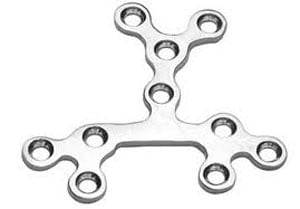The EF Precision Group has navigated the complicated and critical process of medical device manufacturing for over 45 years. Today, we’re taking you on the journey with us, from concept to completion.
Medical Advancements Are Born From a Desire to Improve the Quality of Healthcare
Medical device innovations improve quality of life and save lives on a global scale. Even the smallest component, reengineered for stronger durability at lower production costs, can have long-reaching effects throughout the medical industry. These innovations are born from the experiences of professionals across the field, many of whom have no background in manufacturing or the strict requirements for producing medical components. Medical device machine shops play a critical role in bringing these innovations to life by providing valuable insights into the process.
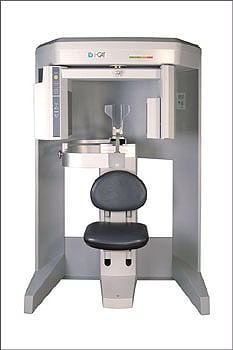
Collaboration is Key
Transforming an idea into a manufacturable design requires many considerations from all aspects of production. As such, it’s important to seek out collaborative manufacturing solutions that include a team of highly experienced designers, engineers, and manufacturing experts. Together, this team is a powerhouse of industry knowledge that will help guide the new medical device concept into a cost-effective design that meets client specifications while adhering to all industry requirements.
Design Considerations
When it comes to assisting in the design, or manufacturability of medical devices, there are a few crucial aspects that need to be considered beyond how they will improve medical care or quality of life. These factors include:
- The class of medical device and corresponding FDA design controls.
- The materials to be used and overall design manufacturability.
- The certifications and registrations required for manufacturing the device.
- The cost-effectiveness of production methods.
Medical Device Machine Shops are Vital to Obtaining Regulatory Approvals
Medical device manufacturing is a complex process that requires machine shops to maintain specialized certifications and registrations because medical devices are highly regulated, subject to strict quality standards, and must meet traceability and documentation requirements. The easiest way to ensure compliance is to work with experienced FDA-registered medical device manufacturers because they have developed a deep understanding of the GMP requirements for regulatory approvals.
The FDA divides medical devices into three classes depending on the specific device’s risk of producing critical complications. Each class of medical device must meet its defined standards, requirements, and regulations before the product is approved for end-consumer use. Experienced medical device machine shops have dedicated processes in place that help bridge the gap between innovative ideas and profitable end-products that meet FDA requirements and regulations.
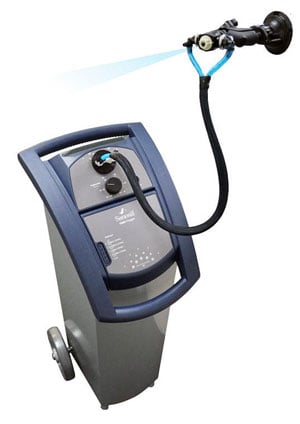
Refining the Manufacturing Process
Once the design is ready to be machined and built, the real challenge to medical device manufacturing begins - ensuring compliance while focusing on cost containment. Creating prototypes is one way that medical device machine shops develop the most cost-effective manufacturing solutions that meet all industry requirements. ISO 13485:2016-registered manufacturers use strict quality management systems to oversee and document all steps of production to verify compliance and aid in regulatory approval.
Medical Device Prototyping
Prototyping is an essential step of any R&D project as it provides a real-world feel of how the end product will function. In the case of innovative Class III medical devices, prototypes may be required for FDA approval. Besides meeting regulatory requirements, medical device prototyping offers manufacturers several benefits, including:
- Ensuring Design Functionality
- Providing Product Testing Opportunities
- Identifying and Correcting Design Flaws
- Proof-of-Concept for Potential Investors
Reengineering for Manufacturability
The greatest benefit of medical device prototyping is it provides the opportunity to develop the best manufacturing process to achieve the desired results. Manufacturing challenges can be addressed through reengineering more cost-effectively as medical device machine shops create the actual parts and components for the prototype. Expert machinists with experience in medical device manufacturing use this unique combination of knowledge and skill to help streamline the manufacturing process, reducing material waste and production costs.
The Ongoing Final Stage of Medical Device Manufacturing
Once the FDA has approved the medical device, the next step in the manufacturing journey is to determine ongoing production processes, volume requirements and develop solutions to meet those requirements. Depending on the type of medical device, production options can include:
- Small Batch
- Build to Print
- Just in Time
- High Volume
- Ongoing
Regardless of which manufacturing solution is best suited for your medical device, it’s vital to ensure ongoing compliance through continued quality review and documentation controls.
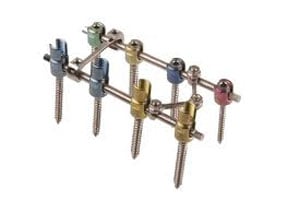
For more information about how machine shops play a critical role in medical device manufacturing, please contact the experts at The EF Precision Group today!
